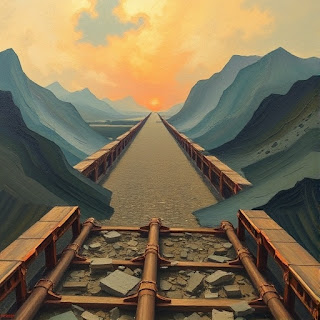The Cultural Contrast of Navratri This year 🪔🪔
However, this year was different. For the first time, I celebrated Navratri in Jaipur, Rajasthan, and the experience left me reflecting deeply on the variations in cultural practices across regions. While both Gujarat and Rajasthan are states steeped in rich traditions, the way Navratri is celebrated in Jaipur felt like a sharp contrast to what I had known in Vadodara.
In Gujarat, Navratri is about devotion, community, and culture. The Garba and Dandiyanights are not just dance forms; they are a medium of worship, a way to express our connection to the divine. Each step, each beat of the dhol, resonates with centuries of cultural significance.
In Jaipur, however, I felt a disconnect. One particular aspect that stood out to me was the use of DJs playing Bollywood tracks during the Garba nights. Instead of the soulful, rhythmic beats of folkmusic and devotional songs, the festival seemed to lean more toward a party atmosphere. While it’s understandable that celebrations evolve with time and region, I couldn’t help but feel that this approach overshadowed the true spirit of Navratri.
Replacing traditionalmusic with Bollywood songs takes away from the essence of why we celebrate Navratri. It felt like the festival had become more of a social event than a religious or cultural one.
This experience made me question why we are moving away from the cultural richness of our festivals. Why is it necessary to bring in external influences like DJs and Bollywood songs when we have such a vast treasure of folk traditions and devotional music that truly represent Navratri? Festivals like Navratri are not meant to be Bollywood-themed parties; they are sacred times meant to connect us to our heritage and the divine.
Celebrating the Goddess is something that unites us as Indians, regardless of region. However, I realized this year that the way we choose to celebrate can either honor that connection or dilute it. In Gujarat, Navratri is an immersive cultural experience, filled with devotion and tradition.
As I reflect on this year’s experience, I hope for a future where we return to the roots of our festivals. Where Navratri can be celebrated not with DJs and Bollywood songs, but with the devotion, reverence, and culture that make it truly special. After all, festivals like Navratri are more than just events—


Comments
Post a Comment